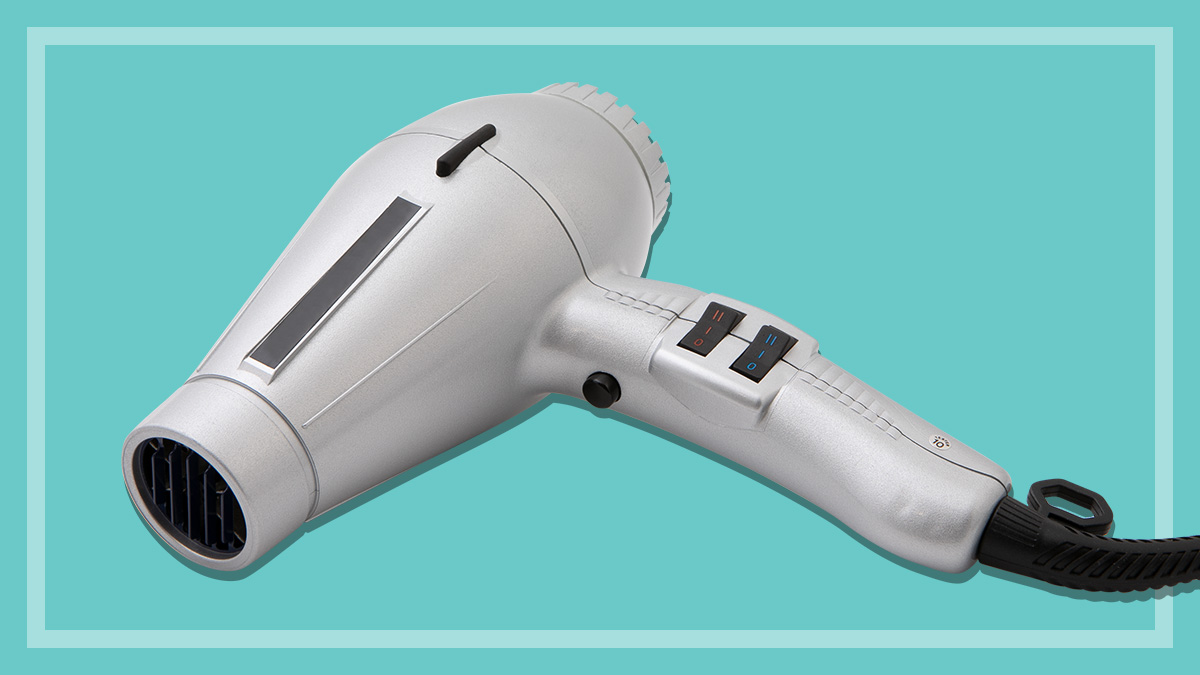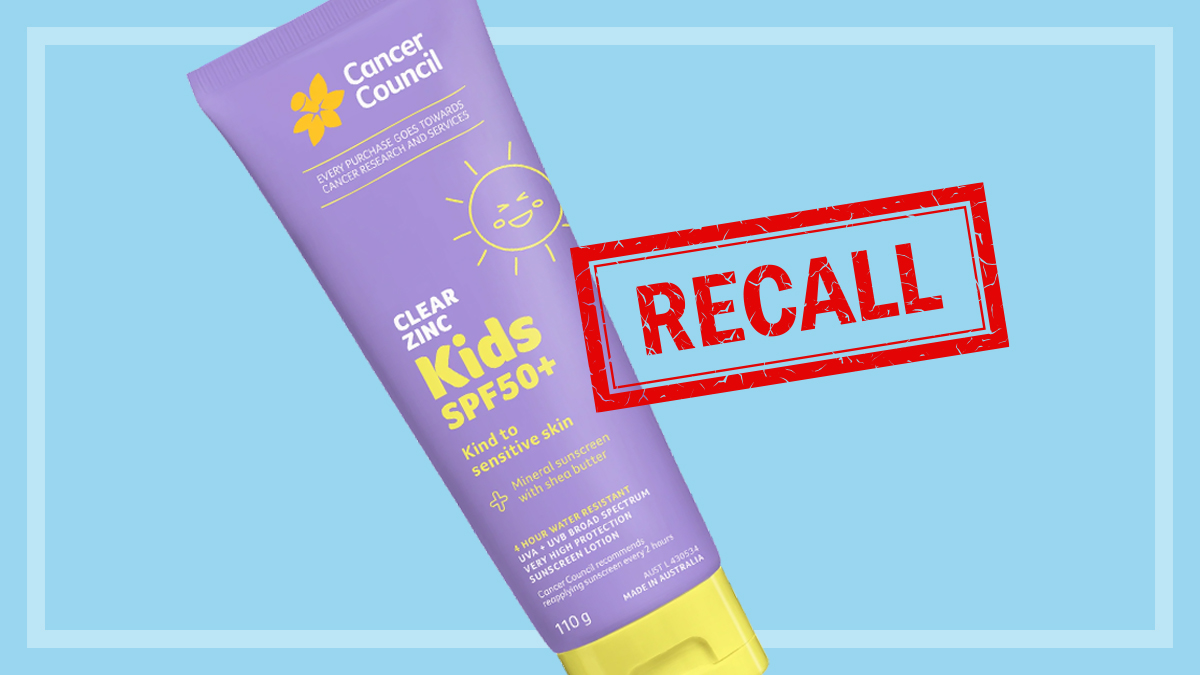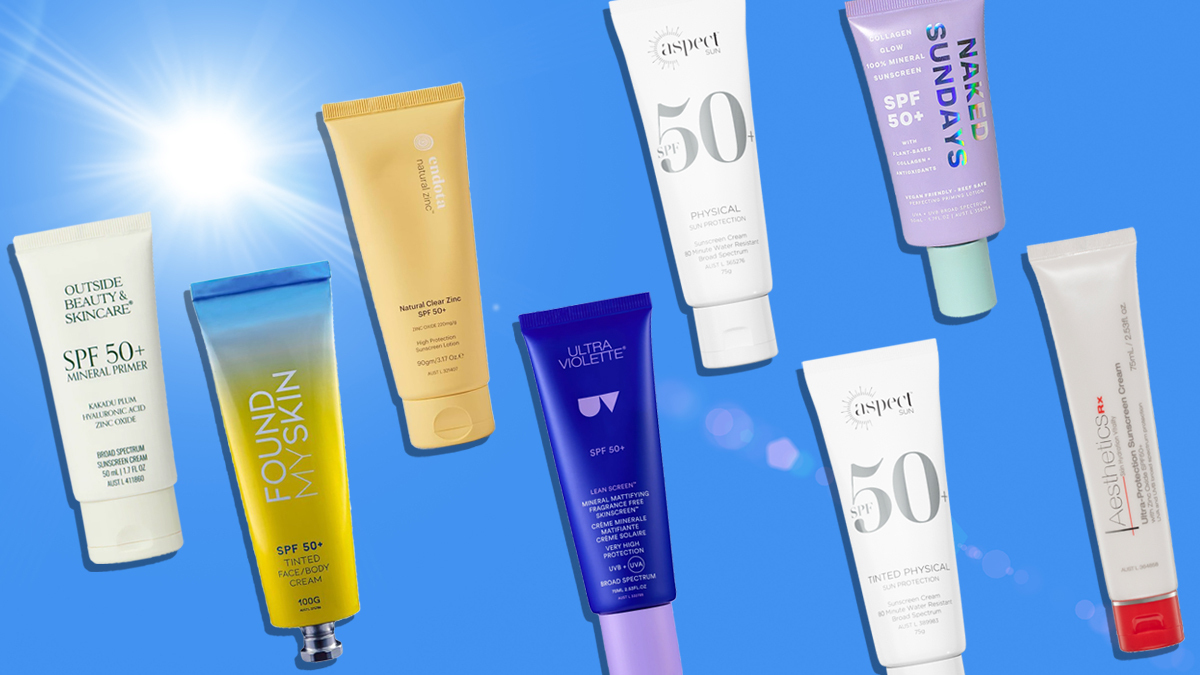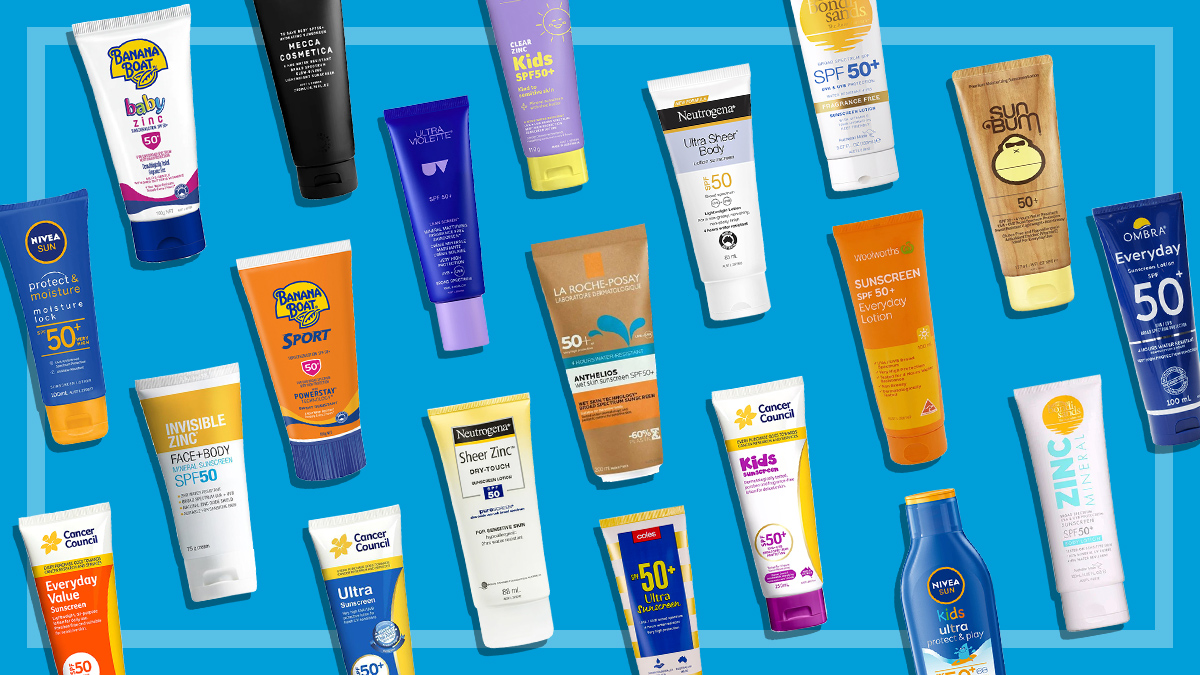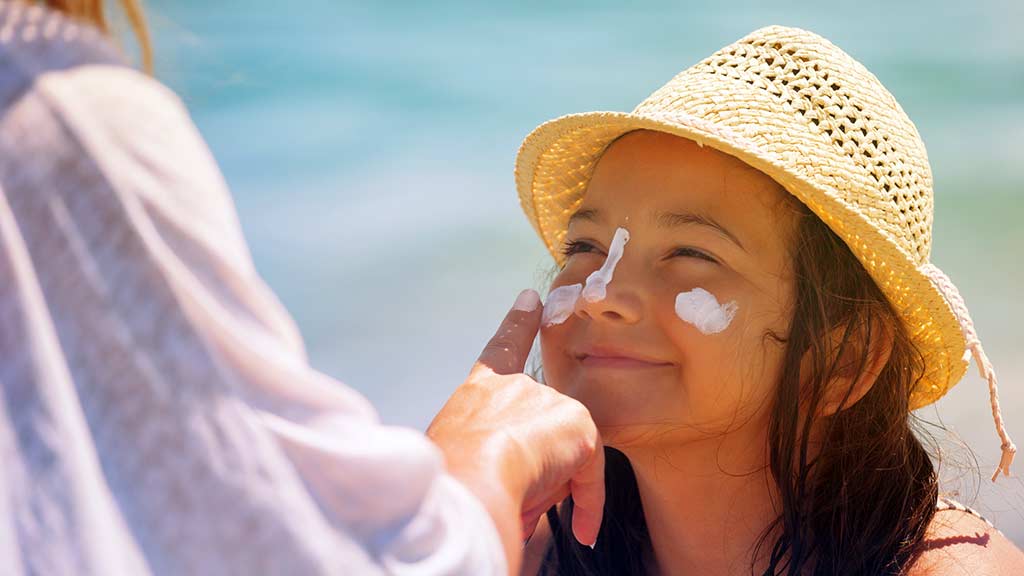Get our independent lab tests, expert reviews and honest advice.
Skincare for sensitive skin
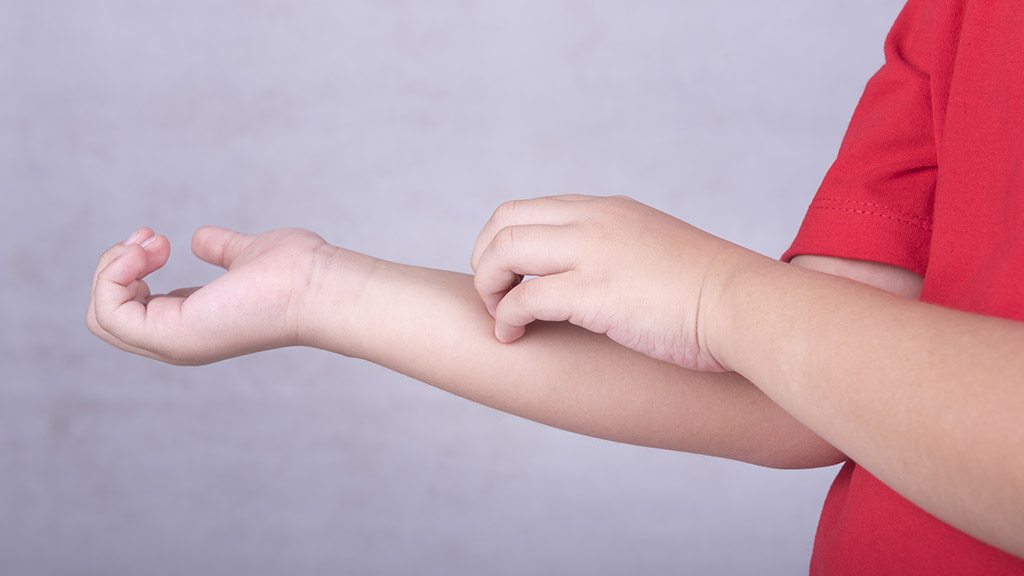
Need to know
- 'Hypoallergenic' and 'dermatologically tested' labels offer no guarantee
- Testing procedures vary and are not always extensive
- Many common irritants are found in everyday household products
On this page:
- Regulations can't guarantee safety
- The problems with 'dermatologically tested' and 'hypoallergenic'
- What the companies say about testing
- Can you trust endorsement schemes?
- Common household irritants
Claims such as “dermatologically tested” or “paediatrician approved” imply this product is somehow safer or better than others, but what do these claims really mean?
And shouldn’t all cosmetics be safe for your skin?
Regulations can’t guarantee safety
All cosmetic and personal care products sold in Australia are subject to regulations about the safety and labelling of ingredients.
- The National Industrial Chemicals Notification and Assessment Scheme (NICNAS), part of the Department of Health and Ageing, regulates the use of industrial chemicals – yes, that’s what cosmetic ingredients are called – and assesses them to ensure they’re safe for the people using them, the workers handling them, and the environment.
- The Australian Competition and Consumer Commission (ACCC) oversees labelling regulations that stipulate all ingredients – not just those known to cause problems for some people – are listed on packaging. This is to help consumers make an informed choice about the products they buy and use.
So these regulations generally will protect people with known sensitivities and allergies, as they can avoid certain ingredients by reading the label.
But for people with an as yet unknown sensitivity or allergy, there are no guarantees. And although an ingredient on its own may be safe, it may be unsafe when combined with other ingredients in the finished product.
The problems with ‘dermatologically tested’ and ‘hypoallergenic’
The most common adverse reaction to chemicals in cosmetics is contact dermatitis, characterised by reddened, scaly, itchy, stinging, blistered and/or peeling skin. There are two main types of dermatitis caused by cosmetics:
- Allergic contact dermatitis, which occurs only in some individuals and is an immune system reaction.
- Irritant contact dermatitis, which may occur in most or all people, depending on exposure, and is more common than allergic contact dermatitis.
Common allergy-causing chemicals include fragrances, preservatives, and paraphenylenediamine (PPD) found in hair dyes. Common irritants include soaps and other cleansers.
While there are dermatological tests that are commonly used, such as the “repeat insult patch test”, there’s no set procedure or standard for which test should be used or how it should be conducted, leaving companies to choose the test they feel is most appropriate for their product.
Critics of the testing process also argue that it may have been tested on typical rather than vulnerable consumers, or the wrong kind of vulnerable consumer. So “dermatologically tested” on two different products could have two very different meanings, and at best means only an absence of proved harm.
Nor does the term ‘hypoallergenic’ guarantee a product won’t cause reactions – there are no national standards governing manufacturers’ use of the term, so it can mean whatever a particular company wants it to mean.
What the companies say about testing
We trawled the supermarket for products that carry claims they’ve been tested, recommended or approved by some sort of medical fraternity. Most displayed claims along the lines of “dermatologically tested”, or “recommended by dermatologists”, however, we also found claims of approval by paediatricians (Curash and Aveeno Baby) and gynaecologists (Femfresh). There are also oral hygiene products endorsed by the Australian Dental Association. Most companies we contacted provided information about testing related to the claims.
Although consumers can be confident that the claims are backed up, there was still a wide variety in the types of testing done. For example, all the products claiming to be dermatologically tested were patch tested (to ensure there was no dermatological reaction when the product was placed on the skin), but others were subjected to more extensive tests, such as photoallergy tests (to make sure there was no reaction when the product-treated skin was exposed to UV light), tests for comedogenicity (pore blocking), and tests for repeated exposure and long-term effects.
Unilever
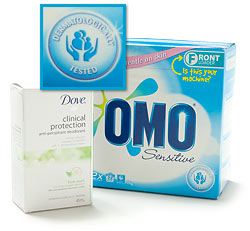
Unilever told us that Omo Sensitive laundry detergent is tested for skin sensitivity by patch testing cloth that has been washed in the detergent at the recommended dosage. Adults with sensitive skin are used for this test, which is carried out according to a standardised test protocol in Australia by an external testing authority and endorsed by a dermatologist.
Rexona and Dove Clinical Protection antiperspirants are patch tested overseas (mainly in the US) by an external testing authority, according to a standardised test protocol that has been endorsed by a dermatologist, with results also assessed by a dermatologist.
Johnson & Johnson
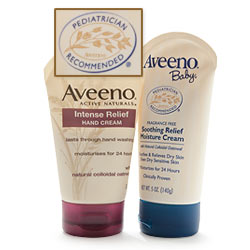
A spokesperson for Johnson and & Johnson Pacific told us that tests on its Aveeno and Neutrogena ranges are regarded as large-scale and are conducted by independent dermatologists in non-affiliated laboratories.
The test battery for its Aveeno range includes a repeat insult patch test, photo-toxicity test, photoallergy test and cumulative irritation test. The company’s claims of recommendations from dermatologists and paediatricians are based on routine market research surveys asking doctors for specific information on the products that they recommend to patients with common skin needs and conditions. Their unprompted brand responses are recorded, with both Aveeno and Neutrogena consistently listed amongst the doctors’ top recommendations.
L’Oréal
L’Oréal’s Hydra Sensitive After-Shave Balm claims to have been “tested under dermatological control”. L’Oréal provided detailed results from a battery of clinical tests conducted by dermatologists on men with sensitive skin, showing that repeated use of the product helps reduce redness, irritation and overheating observed immediately after shaving.
Nivea
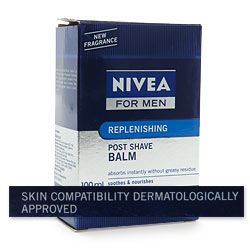
The packaging of Nivea Post Shave Balm states “Skin compatibility dermatologically approved”. A spokesperson told us this means that “our cosmetic products have been extensively tested, demonstrated to be safe and suitable for use on skin”. Extensive testing includes repeat insult patch testing to examine acute and cumulative skin sensitisation, photoallergy tests, in-use studies to determine irritation under in-use conditions, a facial-stinging test to determine sensory discomfort and comedogenicity testing.
Palmolive
At an independent laboratory in the US, the Palmolive Naturals range of shower milks undergoes a series of human skin irritation studies, which are directly supervised by a dermatologist. The testing concludes that the products are safe for a wide range of skin types and don’t cause irritation.
Can you trust endorsement schemes?
Products carrying the logo of certain organisations also imply they meet certain standards – but what are these standards exactly, and what does it mean for consumers?
Skin & Cancer Foundation Australia
The Research Unit of SCFA reviews the effectiveness and accuracy of product information and marketing statements, and the supplier of a product that meets the criteria is entitled to place the logo on their packaging and use it in advertising and promotional material. The foundation charges an annual licence fee for each product, which helps fund research and education activities.
Skin Cancer Foundation
Based in the US, but endorsing products internationally, the Skin Cancer Foundation (not to be confused with the Skin & Cancer Foundation Australia) awards its Seal of Recommendation to products that sufficiently and safely help prevent sun-induced damage to the skin. The manufacturer provides clinical data, which is reviewed by a volunteer committee of experts in the area of ultraviolet radiation and its effects on the skin.
National Asthma Council Australia “Sensitive Choice”
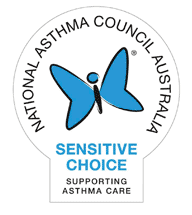
Products with the Sensitive Choice blue butterfly logo may be better choices for people with asthma and allergies. Requests to join the program are subject to a product review by a panel of medical specialists and other experts. The council points out that being in the Sensitive Choice program “does not represent that the product or service is the best or better than others in a category, simply that the product is acceptable and not harmful based on the evidence available”. Participants are charged an annual fee, with funds raised being used to help asthma organisations continue their work in improving asthma care. Aware Sensitive laundry powder carries the National Asthma Council Sensitive Choice logo, and contains no fragrance, enzymes or optical brighteners – which can cause skin problems for some people.
Australian Dental Association Seal of Approval
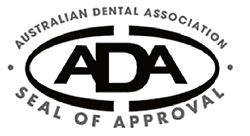
Found on toothpaste, toothbrushes, mouthwash and sugar-free chewing gum, the Australian Dental Association Seal of Approval recognises products that are safe and effective and ensures that any advertising claims made about the products have been substantiated. Companies pay for assessment and there’s an annual licensing fee, which is designed to cover costs rather than raise funds.
Swedish Asthma and Allergy Association
The Swedish Asthma and Allergy Association provides information about the prevention of asthma and allergies. It has a product assessment program – with assessments based on research results, analyses and the formula for the actual product. These are conducted by its Product Council, which includes specialists in medicine, chemistry and technology.
Products recommended by the association are free from allergens, perfumes and irritating substances. Apart from personal care products – including Naty nappies, which are sold in Australia – endorsed products include bedding, architectural interior products and Volvos!
Common household irritants
- Soap, including body wash, bubble bath and shampoo.
- Household cleaners, including laundry detergent, all-purpose cleaners, dishwasher detergents, window cleaners, furniture polish, drain cleaners and toilet disinfectants. Wear gloves while using these.
- The fragrances in fabric conditioner and dryer sheets may contain quaternium and imidazolidinyl, described as formaldehyde releasers and known irritants.
- Latex, commonly found in gloves, elastic and condoms.
- Fragrances. Look for fragrance-free products, as “unperfumed” products may still contain a fragrance to mask the chemical smell of the product.
- Parabens, which are preservatives found in many cosmetic and personal care products.
- Acids, such as ascorbic acid and alpha hydroxy acids such as glycolic acid, malic acid, and lactic acid.
- Para-aminobenzoic acid-based sunscreen ingredients.
- Hair straighteners, which may contain formaldehyde.
- Permanent and semi-permanent hair dyes, which often contain paraphenylenediamine (PPD).

